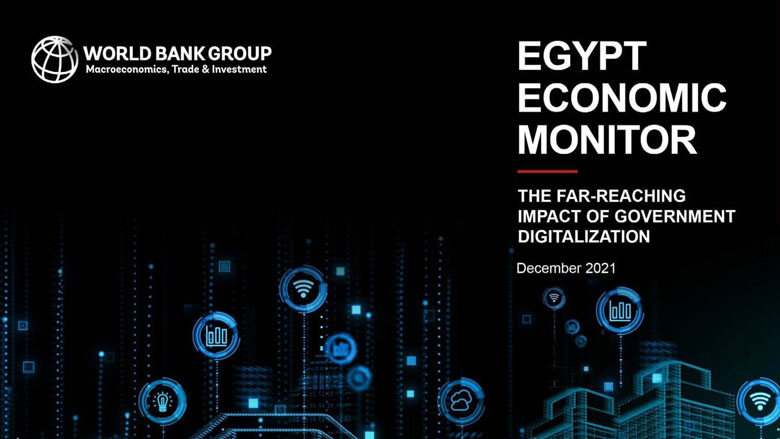The Egyptian economy continues to show the resilience it has displayed throughout the COVID-19 pandemic, due to the macroeconomic and energy sector reforms it has implemented in recent years, along with measures taken to ease monetary conditions, provide selected sectoral support, and mobilize external financing.
Real GDP growth and foreign income activities started recovering in Q4-FY2020/21. However, global COVID-related challenges and an uneven recovery across the world continue to restrain the rebound.
Foreign reserves remain ample, but the widened current account deficit has increased financing requirements. Fiscal consolidation has helped bring down the budget deficit-to-GDP ratio. Yet, the fiscal space remains constrained by the interest burden and below-potential revenue-mobilization.
Egypt is expected to resume pre-pandemic growth in FY2021/22 under the baseline scenario that the COVID-situation gradually improves. Further advancement of structural reforms is critical to sustain recovery, drive productivity growth, and generate high-earning job opportunities.
The Focus Chapter of this monitor is dedicated to the topic of government digitalization. Egypt has reached a relatively elevated level of government digital transformation, according to international indices, such as the United Nations E-Government Development Index, as well as the newly constructed World Bank GovTech Maturity Index.
For recent digitalization efforts to realize their potential and enhance governance and public service delivery, continued reforms require focus on: (i) Simplification and streamlining of government processes and procedures—a crucial complement to the government digital transformation journey; (ii) Roll-out of “end-to-end” digital solutions, where digital transformation occurs at every step throughout a given governmental process, in order to depart from old inefficient (for example, paper-based) procedures, in addition to ensuring the “inter-operability” of related government systems for data and information sharing, as well as efficiency gains; (iii) Strengthening the foundations of the Digital Economy: This will require (iii-a) continuous investments in digital infrastructure across the country to provide the uninterrupted availability of essential digital government services and universal access to high quality internet, (iii-b) promoting digital skills, (iii-c) incentivizing the adoption and use of digital financial services, and (iii-d) supporting a legal and regulatory framework conducive to the digital transformation of the economy.
- Egypt Economic Monitor, December 2021: The Far-Reaching Impact of Government Digitalization (Full Report in a PDF Format)
